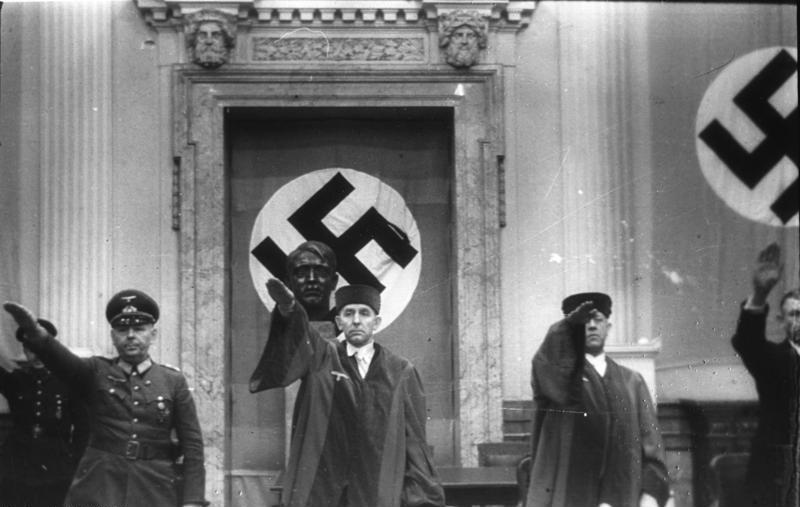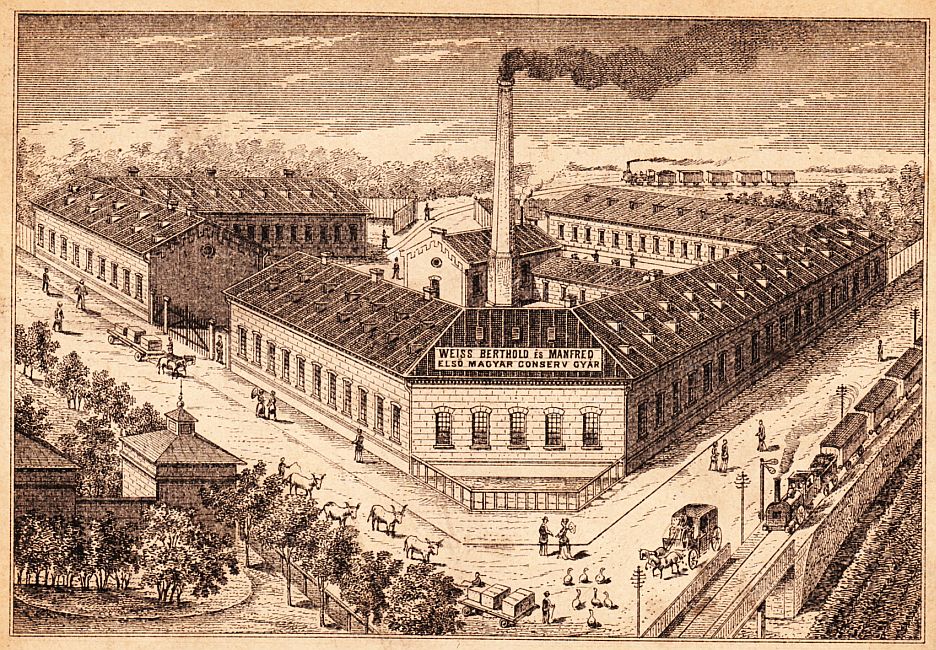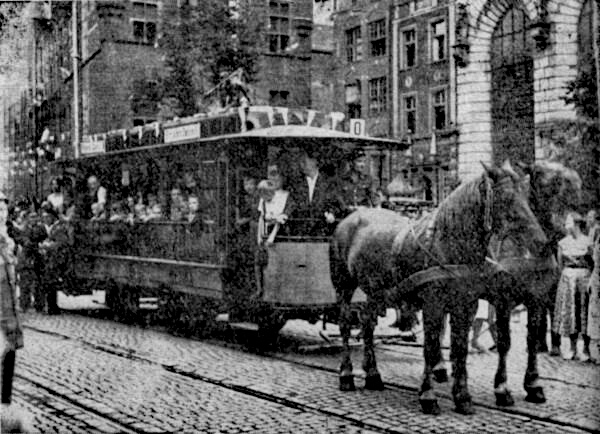|
Now Is The Time For All Good Men (musical)
''Now Is the Time for All Good Men'' is a musical with music by Nancy Ford, book and lyrics and by Gretchen Cryer. The show premiered Off-Broadway in 1967. Production The musical premiered Off-Broadway at the Theatre De Lys on September 26, 1967 and closed on January 16, 1968.Listing Internet Off-Broadway Database, accessed March 3, 2015 Synopsis The school board for the Bloomdale, Indiana, high school quickly sizes up Mike Butler (David Cryer), the new English teacher, as the kind of brash freethinker who wants to let kids mark in their books, read novels, and think for themselves. He even teaches poetic scansion with a basketball. But Albert McKinley (David Sabin), the principal, defends him. Albe ...[...More Info...] [...Related Items...] OR: [Wikipedia] [Google] [Baidu] |
Gretchen Cryer
Gretchen Cryer (née Kiger; born October 17, 1935) is an American playwright, lyricist, and actress. Early life Cryer was born Gretchen Kiger in Dunreith, Indiana, the daughter of Louise Geraldine (née Niven; 1911-1991) and Earl William "Bill" Kiger, Jr. (1911-2004), who sold school supplies and ran a home printing business. Cryer attended DePauw University as an English major. Career In one of her music classes, she met Nancy Ford, and the two forged a friendship that eventually led to a number of professional collaborations as the first female composer-lyricist team in Off-Broadway and Broadway New York theater. Their first work, ''For Reasons of Royalty'', was produced at DePauw University and their musical ''Rendezvous'' was done at Boston University. Their first professional New York production was '' Now Is The Time For All Good Men'' (1967), a highly political piece about Cryer's pacifist brother, who spent time as a teacher in a conservative mid-western high school, ... [...More Info...] [...Related Items...] OR: [Wikipedia] [Google] [Baidu] |
Shivaree (custom)
Charivari (, , , alternatively spelled shivaree or chivaree and also called a skimmington) was a European and North American folk custom in which a mock parade was staged through a community accompanied by a discordant mock serenade. Since the crowd aimed to make as much noise as possible by beating on pots and pans or anything that came to hand these parades are often referred to as rough music. Parades were of three types. In the first, and generally most violent form, a wrongdoer or wrongdoers might be dragged from their home or place of work and paraded by force through a community. In the process they were subject to the derision of the crowd, they might be pelted and frequently a victim or victims were dunked at the end of the proceedings. A safer form involved a neighbour of the wrongdoer impersonating the victim whilst being carried through the streets. The impersonator was obviously not themselves punished and often cried out or sang ribald verses mocking the wrongdoer. In ... [...More Info...] [...Related Items...] OR: [Wikipedia] [Google] [Baidu] |
1967 Musicals
Events January * January 1 – Canada begins a year-long celebration of the 100th anniversary of Confederation, featuring the Expo 67 World's Fair. * January 5 ** Spain and Romania sign an agreement in Paris, establishing full consular and commercial relations (not diplomatic ones). ** Charlie Chaplin launches his last film, ''A Countess from Hong Kong'', in the UK. * January 6 – Vietnam War: United States Marine Corps, USMC and Army of the Republic of Vietnam, ARVN troops launch ''Operation Deckhouse Five'' in the Mekong Delta. * January 8 – Vietnam War: Operation Cedar Falls starts. * January 13 – A military coup occurs in Togo under the leadership of Étienne Eyadema. * January 14 – The Human Be-In takes place in Golden Gate Park, San Francisco; the event sets the stage for the Summer of Love. * January 15 ** Louis Leakey announces the discovery of pre-human fossils in Kenya; he names the species ''Proconsul nyanzae, Kenyapithecus africanus''. ** American football ... [...More Info...] [...Related Items...] OR: [Wikipedia] [Google] [Baidu] |
John Bennett Perry
John Bennett Perry (born January 4, 1941) is an American actor, singer and former model. He is the father of actor Matthew Perry. Life and career Perry was born on January 4, 1941, in Williamstown, Massachusetts, the son of businessman, bank director and civic leader Alton L. Perry (1906–2003) and Maria (née Bennett, 1910–1970). He attended college at St. Lawrence University, where he was a member of Phi Sigma Kappa fraternity. He married twice. His first wife was Suzanne Langford, a former press secretary to Canadian Prime Minister Pierre Trudeau, with whom he fathered Matthew Perry. Perry and Langford divorced before Matthew's first birthday. He has a daughter, born 1982, with his second and current wife, Debbie. His stage credits include the 1967 musical, '' Now Is the Time for All Good Men''. He also appeared as a member of the crowd part in the “Tomorrow Belongs To Me” scene in the 1972 film ''Cabaret''. Perry portrayed the clean-shaven "sailor" in the Old Spice c ... [...More Info...] [...Related Items...] OR: [Wikipedia] [Google] [Baidu] |
Edward Kleban
Edward "Ed" Kleban (April 30, 1939 – December 28, 1987) was an American musical theatre composer and lyricist. Kleban was born in the Bronx, New York City, in 1939 and graduated from New York's High School of Music & Art and Columbia University, where he attended with future playwright Terrence McNally. Kleban is best known as lyricist of the Broadway hit ''A Chorus Line''. He and composer Marvin Hamlisch won the 1976 Tony Award for Best Original Score, and he shared the Pulitzer Prize for Drama in 1976 with Hamlisch and three other contributors to the musical. The one-woman Phyllis Newman show, ''The Madwoman of Central Park West'' (1979), featured a few tunes with his lyrics. For several years he worked at Columbia Records, where he produced albums by performers as diverse as Igor Stravinsky and Percy Faith, and the albums for the Off-Broadway musicals '' Now Is The Time For All Good Men'' and ''Jacques Brel is Alive and Well and Living in Paris''. He was a teacher for m ... [...More Info...] [...Related Items...] OR: [Wikipedia] [Google] [Baidu] |
Stephen J
Stephen or Steven is a common English first name. It is particularly significant to Christians, as it belonged to Saint Stephen ( grc-gre, Στέφανος ), an early disciple and deacon who, according to the Book of Acts, was stoned to death; he is widely regarded as the first martyr (or "protomartyr") of the Christian Church. In English, Stephen is most commonly pronounced as ' (). The name, in both the forms Stephen and Steven, is often shortened to Steve or Stevie. The spelling as Stephen can also be pronounced which is from the Greek original version, Stephanos. In English, the female version of the name is Stephanie. Many surnames are derived from the first name, including Stephens, Stevens, Stephenson, and Stevenson, all of which mean "Stephen's (son)". In modern times the name has sometimes been given with intentionally non-standard spelling, such as Stevan or Stevon. A common variant of the name used in English is Stephan ; related names that have found some c ... [...More Info...] [...Related Items...] OR: [Wikipedia] [Google] [Baidu] |
Kangaroo Court
A kangaroo court is a court that ignores recognized standards of law or justice, carries little or no official standing in the territory within which it resides, and is typically convened ad hoc. A kangaroo court may ignore due process and come to a predetermined conclusion. The term may also apply to a court held by a legitimate judicial authority which intentionally disregards the court's legal or ethical obligations (compare show trial). A kangaroo court could also develop when the structure and operation of the forum result in an inferior brand of adjudication. A common example of this is when institutional disputants ("repeat players") have excessive and unfair structural advantages over individual disputants ("one-shot players"). Etymology The term ''kangaroo court'' is often erroneously believed to have its origin from the courts of Australia's penal colonies. The ''Oxford English Dictionary'' cites the first published instance of the term as from an American source, '' ... [...More Info...] [...Related Items...] OR: [Wikipedia] [Google] [Baidu] |
Canning
Canning is a method of food preservation in which food is processed and sealed in an airtight container (jars like Mason jars, and steel and tin cans). Canning provides a shelf life that typically ranges from one to five years, although under specific circumstances, it can be much longer. A freeze-dried canned product, such as canned dried lentils, could last as long as 30 years in an edible state. In 1974, samples of canned food from the wreck of the ''Bertrand'', a steamboat that sank in the Missouri River in 1865, were tested by the National Food Processors Association. Although appearance, smell, and vitamin content had deteriorated, there was no trace of microbial growth and the 109-year-old food was determined to be still safe to eat. History and development French origins During the first years of the Napoleonic Wars, the French government offered a hefty cash award of 12,000 francs to any inventor who could devise a cheap and effective method of preserving l ... [...More Info...] [...Related Items...] OR: [Wikipedia] [Google] [Baidu] |
Horse-drawn Vehicle
A horse-drawn vehicle is a mechanized piece of equipment pulled by one horse or by a team of horses. These vehicles typically had two or four wheels and were used to carry passengers and/or a load. They were once common worldwide, but they have mostly been replaced by automobiles and other forms of self-propelled transport. General Horses were domesticated circa 3500 BCE. Prior to that oxen were used. Historically a wide variety of arrangements of horses and vehicles have been used, from chariot racing, which involved a small vehicle and four horses abreast, to horsecars or trollies, which used two horses to pull a car that was used in cities before electric trams were developed. A two-wheeled horse-drawn vehicle is a cart (see various types below, both for carrying people and for goods). Four-wheeled vehicles have many names – one for heavy loads is most commonly called a wagon. Very light carts and wagons can also be pulled by donkeys (much smaller than horses), pony, po ... [...More Info...] [...Related Items...] OR: [Wikipedia] [Google] [Baidu] |
Off-Broadway
An off-Broadway theatre is any professional theatre venue in New York City with a seating capacity between 100 and 499, inclusive. These theatres are smaller than Broadway theatres, but larger than off-off-Broadway theatres, which seat fewer than 100. An "off-Broadway production" is a production of a play, musical, or revue that appears in such a venue and adheres to related trade union and other contracts. Some shows that premiere off-Broadway are subsequently produced on Broadway. History The term originally referred to any venue, and its productions, on a street intersecting Broadway in Midtown Manhattan's Theater District, the hub of the American theatre industry. It later became defined by the League of Off-Broadway Theatres and Producers as a professional venue in Manhattan with a seating capacity of at least 100, but not more than 499, or a production that appears in such a venue and adheres to related trade union and other contracts. Previously, regardless of the size ... [...More Info...] [...Related Items...] OR: [Wikipedia] [Google] [Baidu] |
American Civil War
The American Civil War (April 12, 1861 – May 26, 1865; also known by other names) was a civil war in the United States. It was fought between the Union ("the North") and the Confederacy ("the South"), the latter formed by states that had seceded. The central cause of the war was the dispute over whether slavery would be permitted to expand into the western territories, leading to more slave states, or be prevented from doing so, which was widely believed would place slavery on a course of ultimate extinction. Decades of political controversy over slavery were brought to a head by the victory in the 1860 U.S. presidential election of Abraham Lincoln, who opposed slavery's expansion into the west. An initial seven southern slave states responded to Lincoln's victory by seceding from the United States and, in 1861, forming the Confederacy. The Confederacy seized U.S. forts and other federal assets within their borders. Led by Confederate President Jefferson Davis, ... [...More Info...] [...Related Items...] OR: [Wikipedia] [Google] [Baidu] |
Old Glory
Old Glory is a nickname for the flag of the United States. The original "Old Glory" was a flag owned by the 19th-century American sea captain William Driver (March 17, 1803 – March 3, 1886), who flew the flag during his career at sea and later brought it to Nashville, Tennessee, where he settled. Driver greatly prized the flag and ensured its safety from the Confederates, who attempted to seize the flag during the American Civil War. In 1922, Driver's daughter and niece claimed to own the original "Old Glory," which became part of the collection of the Smithsonian Institution, where it remains at the National Museum of American History. History of the original "Old Glory" Captain William Driver was born on March 17, 1803, in Salem, Massachusetts.Sally JenkinsHow the Flag Came to be Called Old Glory ''Smithsonian Magazine'' (October 2013). At age 13, Driver ran away from home to become a cabin boy on a ship.Ophelia PaineWilliam Driver ''Tennessee Encyclopedia of Hist ... [...More Info...] [...Related Items...] OR: [Wikipedia] [Google] [Baidu] |




.jpg)
